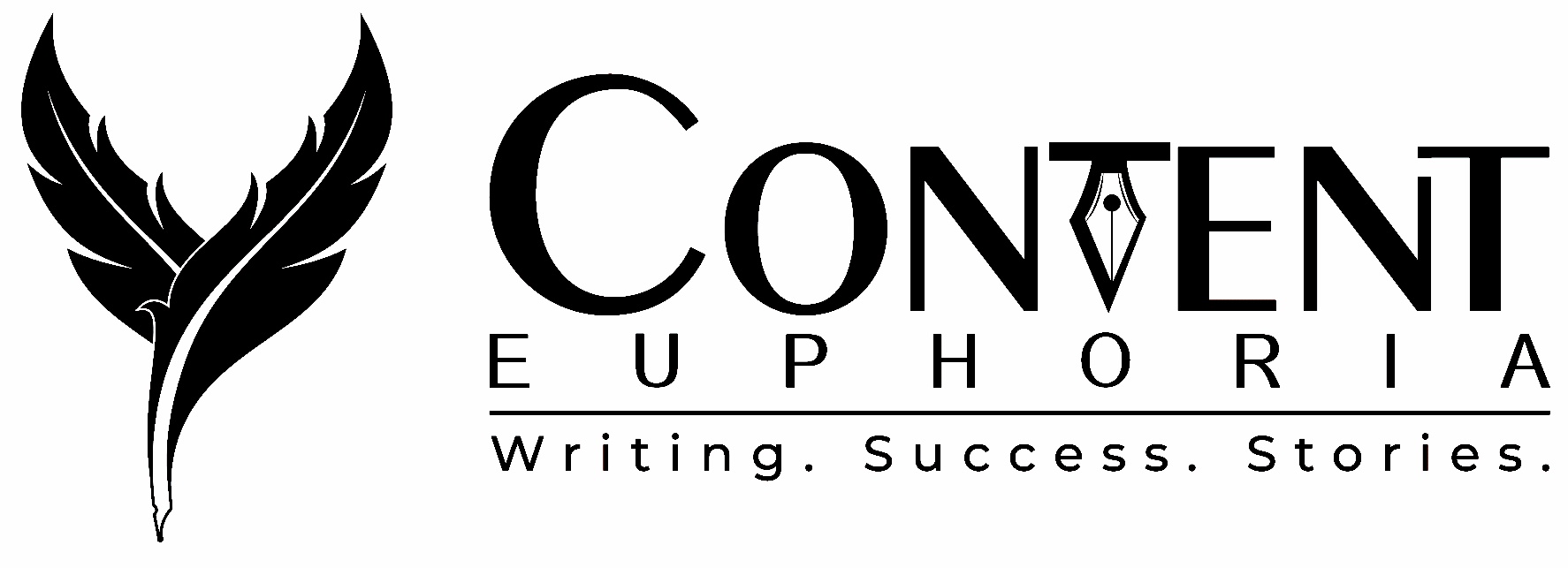Your executive resume is arguably the most important piece of paper you’ll own. Done right, and it can open ample opportunities for you. Done wrong, and your resume mends its way to the ‘resume black hole.’
Simply put, if you’re ready for a job change, a polished and updated resume is one thing that you can’t skip.
We often overhear comments like these from highly qualified executives:
“I have been applying for so many jobs only to receive calls from the jobs I wasn’t interested in.”
“I’m feeling discouraged because I am not landing any interviews. I need some fresh pair of eyes on my resume.”
Well, it’s not really your fault because you may not be aware of how executive resumes have changed in the past few years – but either or, to get the position you have been gunning for, your resume and cover letter need to impress the hiring managers.
“The US Bureau of Labor Statistics predicts that the overall employment of top executives is projected to grow 8% from 2020 to 2030, about as fast as the average job growth rate in the USA.”
You’ve likely held diverse jobs in your career, building a path to success and maybe even getting your feet wet in completely assorted industries or departments. But if your executive resume is unable to highlight these experiences and your strongest points, condensing your accomplishments and merits into one single document – then the executive resume is pointless.
But what if we give you the best executive resume writing tips with proven best practices……..which lands you more interviews? We, being the most trusted resume writing services in Chennai, know the ins and outs of writing professional executive CVs.
What is an Executive Resume?

Executive resumes are typically CVs that we use when applying for a high-level administrative position. These resumes are usually read by high-level recruiters, CEOs, COOs, CFOs or Board Members – hence should convey more of what is generally required from the candidate.
For instance, the executive resume of a CIO candidate must be able to convey how he can help solve ERP problems, or that of a CFO candidate must be able to show how they can help raise money in harsh conditions.
Where a CV is a more credential-based document, executive resumes are more competency-based documents that demonstrate a person’s skills and experiences in their respective domain.
But Why Even Bother About Executive Resumes or Resume Writing Tips for Executives At All?
The reasons are ample – and we have jotted down three most crucial points for you:
- Before you get your brand and your value proposition online, an executive resume aid you in sharing a clear message online. Slapping up your LinkedIn profile, social media profiles, website or portfolio before conducting the initial research, branding, and targeting is a huge mistake.
2. Your executive resume is your job search currency. So you have to ensure it’s a knockout.
3. The work you do define your personal brand and developing content for your executive resume eventually forms the foundation of all your personal marketing materials, both online and offline and also offers benefits like:
4. Guides develop messages that resonate with your target audiences.
- Gives your profile a USP and differentiates you from other competitors
- It prepares you to speak confidently and be knowledgeable about the value you bring to the table.
- It prepares you to network and interview well.
No matter what – whether it’s your first job out of college or you’re a seasoned professional with your eye on the C-suite – polished executive CV writing is imperative to climb the ladder of corporate success.
Resume Writing Tips for Executives

Make Me Fall In Like With You
We’ve all met those people everyone cheers to see them succeed. The job of your executive resume is to cement your position as that person, ensuring your hiring manager, recruiter, and everyone else is rooting for your success.
Think of it as your own diplomatic ambassador, going forth into unknown organizations to lay the groundwork before your official visit. Yes, the purpose of your executive resume is to clearly communicate the skills and competencies required for the job. But in hindsight, it has much significant role in one’s career that most candidates fail to acknowledge: building a team of champions and getting hiring managers and recruiters onside to support your candidacy above all others.
Forget about the age-old “objectives” section in the resume. Rather tell the story of who you are, what you do and what makes you different. Write in first-person, using “I” language to make it more relatable. While it does take to master the art of putting personality to paper – but you will get it eventually.
Mix up your executive content with information about your story, sprinkle some industry keywords and maintain a professional approach and leadership style
Know Your Key Messages For Winning Executive Resume
Consider your executive resume as a way of communicating your personal brand to recruiters and hiring managers.
Now imagine how powerful it would be if you always said the same thing. Much better: what if others – your friends, colleagues and clients and recruiters started talking about you the same way?
For early career professionals, it’s not much pressure to describe their key values because they are still in the process of discovering them. But for C-suite employees or management professionals, it is crucial for them to know what makes them different.
And this is exactly where the key messaging comes in.
When penning your executive profile resume (or building your personal brand), you have to be clear on your key messages before you start putting words to paper.
If in doubt, use these questions to guide you:
- What drives you?
- What makes you different from other candidates and leaders in your industry?
- What is your professional mantra?
- What are the rudimental themes supporting your success?
Once you have this figured out, use this message to add value to your executive resume and communicate your brand to the recruiters or higher authorities in the organization.
Less is Always More in Professional Executive Resumes
When curating your executive resume, the number one role is to communicate what is necessary.
You might be thinking of communicating your day-to-day duties, assuming it will give the hiring managers more clarity. However, it’s not the case.
Such an approach works best for early and mid-career professionals. But for management professionals, the recruiters want to know: role responsibilities, strategic dexterity, and scope. They also want to know information on how you met your targets, contributed to the organization’s objective and applied strong commercial acumen to add value.
Replacing a full-meal deal with a taster approach is much more effective. This delivers powerful, diluted messages showcasing your skills, experiences and ability to meet key performance indicators.
When In Doubt, Spell It Out
This is our fourth top resume writing tips for executives.
A common complaint that we often hear from candidates about recruiters is that recruiters often fail to recognize that the candidates possess enough specialized knowledge about the role or the industry. And to some extent, it is true as well.
Like journalists, non-specialist recruiters deliberate on building a knowledgeable base that’s an inch deep and a mile wild. In simple words, these generalists’ recruiters just know enough about a lot of industries and functions.
Therefore it is wise for professionals (at all career levels) to stick their gun to common business languages rather than using complex jargon or acronyms. Don’t assume the recruiters will know that you have particular skills or competencies just by looking at your job titles or education. Also, please don’t assume they know all the technology or process names that you have listed in the resume.
For the best resume for executive professionals, it is crucial to contain the main meat of the resume at that 30,000-foot level – focusing on responsibilities, strategic agility and scope. If you want to incorporate technical information, where specialist terminology and jargon typically show up – make it in the summary end.
In case you want to, you can also take it a step further by listing skills in a functional group, such as project management methodologies or programming languages. This way, you will make it easy for the recruiters to understand your qualification better by cutting down on their time of doing additional research.
Show, Don’t Tell
There is a fine line between sprinkling your executive resume with SEO-friendly keywords. And it is completely a different thing to using hackneyed terms that are so overhyped and overused that they’ve lost the essence of all meanings.
Resumes have a reputation for being laden with clichés, and executive professionals who are at the top level are the worst convicts for relying on stale, high-level terms like “driving success.”
Your resume is not an essay but a high-curated one-page (maximum two pages) document. So every word that goes in it must be carefully considered. Replace non-specific clichés with specific details, facts and figures. And the best classic piece for doing it is to show rather than tell.
In practice, it means elaborating on phrases such as “achieved positive commercial outcomes” by detailing what outcomes or positive results you helped derive from your efforts.
Read Between The Lines
The world’s best brands know that design, presentation and experience matter as much as the product itself. While content is king, talking about your resume, the formatting details, the overall design and experience – often make up the “queen.”
And it’s no secret that the queen rules the household.
Since you are applying for an executive position in the 21st century, you cannot follow the hiring process that governed your early career years. If you continue following those practices, it will actually hurt your candidacy or make you feel old-fashioned or open up the gap of silent age discrimination.
- Don’t share a physical resume unless specified.
- Don’t bother providing a residential phone number unless you are actually home to receive the call if recruiters call.
- Make a list of your technical skills and include only those that are relevant, avoiding a laundry list of every technology you’ve ever used.
- Use modern font designs – and keep your distance from Microsoft Templates.
If you are not confident about how to make your resume look polished and professional- Content Euphoria’s expert resume writers are only a call away!
What If You Have No Prior Executive Experience?
If this is your first executive role, worry not, you have to get started somewhere. The best executive resume writing tips here is to examine your current goals and also your previous roles and then determine the aptitude and outcomes that will induce you well into executive positions. Take those points and frame your executive CV around them.
TIP: If your current job role doesn’t influence large-scale change, emphasise the management skills you gained during the one-time project.
Remember, your resume is your personal sales document – so focus on the details that will sell you, even if it means concentrating on 20% of your current job role. A car salesperson will glorify the car’s low operating cost but not the faulty brakes. Apply the same logic to your resume.
Wrapping Up
Remember, we are using the word “resume,” but along with creating digital/ paper resumes, we are also helping you build your personal brand and presence in your domain. And it all boils down to the strategic use of words, industry phrases, formatting, layout and a lot of other ingredients that go into elevating an “average” executive resume to an “extraordinary” resume. To know more about how we can help you create an impressive executive resume, get in touch with us today!
Apart from best resume writing services for executives, we are also reputed for our Professional Content Writing Services in India. Your high-quality content needs ends with Content Euphoria!


